As far as television sitcoms go, New Girl is one of my favorites. I think about it as the millennial version of Friends with understated feminist themes, progressive takes on modern masculinity, and moments that make me laugh so hard I almost pee my pants. Watching Schmidt freak out when he realizes Jess made out with his dad? Pure bliss. I replayed that scene about ten times until there were tears streaming down my cheeks and my partner had to check on me from the other room because I was making such a ruckus. It was a beautiful moment between me and the Hulu I shall never forget.
The stalking begins in the first few minutes of the show. We are reminded of Jess’s role in the breakup between her ex, Sam, and his new girlfriend. His last words to Jess? “Get out of my life.” Much to the outwardly expressed disapproval of her friends, Jess has continued to text and call Sam. Next thing we know, she is served a restraining order requiring she keep her distance. She is surprised, but she refuses to take the situation seriously. Her friends tell her to leave Sam alone.
In protest, Jess visits the police station to request the order be dropped, where Winston attempts to convince Jess to obey it and talks her out of writing Sam a letter. Next scene: Jess goes to Sam’s place of employment to leave a letter on his car. In the parking lot, she spots Sam and to hide, quickly throws herself in the back of a random truck—the truck, of course, turns out to be Sam’s. He gets in and starts driving while Jess makes a panicked phone call to Winston for advice. When the truck finally stops, Jess realizes Sam is driving through an automatic car wash. After being pummeled by the water sprays and rotating scrubbers, Jess throws herself onto the hood of Sam’s car, scaring the bejesus out of him.
When they return to her apartment, Winston yells at Jess to get legally mandated 300 feet away from Sam, but Jess insists they’ve “figured it out.” Sam tells Winston he is dropping the restraining order, and Winston attempts to get them both to consider whether or not getting back together is a good idea. Jess tries to explain that both she and Sam have matured. Winston, the voice of reason, responds, “Jess, nobody takes out a restraining order unless they think that they’re in danger.” Sam agrees, but the twist is that he felt Jess was “dangerous” because he didn’t trust himself not to contact her because he, like Jess, couldn’t stop thinking about her. Cue soft music. They say goodbye. Winston is relieved the situation is finally over.
Then Jess runs down Sam's truck as he is driving away, she jumps into the cab, and they start making out again. Happy music. End of episode.
“I’m not a restraining order person.” –Jess, in response to being served a restraining order
The first thing worth noting about the portrayal of stalking in this episode is the way it plays into the myth of who a stalker can be. When most people think of a stalker, a popular stereotype comes to mind: a creepy dude wearing a ski mask and hiding in the bushes, not a thirty-something adorkable white girl who’s obsessed with her ex. But the reality is that stalkers can be any age, gender, or race, and since most people know the people they are being stalked by, they can be coworkers, colleagues, classmates, and current significant others in addition to exes. They could be anyone. Stalking isn’t defined by who a person is or isn’t, but what behavior is involved.
“I just don’t get why Sam would do this. I’m not dangerous.” –Jess, about the restraining order
This brings to me next point: Jess—along with most of the rest of mainstream society—rarely takes stalking very seriously, especially if the stalker does not meet the stalker stereotype. In reality, stalking situations are serious and involve a pattern of conduct that causes a person fear or distress. Though all 50 states in the U.S. have stalking laws, they vary a bit in what is considered fear or whether distress or discomfort is part of that definition. But however progressive or limiting a particular stalking law is written, it does not matter whether or not Jess views her behavior as dangerous. If a person feels uncomfortable, unsafe, anxious, or afraid because of someone else’s repetitive actions, that meets the definition of stalking.
Another myth about stalkers is that they are mentally ill. This idea is harmful in multiple ways. First, it is simply not true. Sure, there may be a small portion of stalkers who have mental illnesses, but people who stalk others—and commit other forms of gender violence—are not people incapable of knowing what they are doing. Stalking doesn’t happen by accident; it is calculated, manipulative, and all about power and control. It’s about ignoring someone else’s boundaries, and it’s a violation of consent. Second, the idea that stalkers are “crazy” give people who are mentally ill a bad rap. When it comes to gender violence, we tend to blame people with mental illness because it can be difficult to imagine that people we think “have it together” or appear “normal” could be capable of such things. This is unfair, ableist, and inaccurate.
“I’m not dangerous and you don’t need to be afraid of me” –Jess to Sam, outside the car wash
We still have a long way to go when it comes to recognizing stalking as a legit problem. Jess’s stalking of Sam is meant to be laughable, and sadly, this is the mainstream response to women stalking men. Gender stereotypes make it difficult for us to view women as aggressive or criminal and men as victims. Even if a dude is believed when he reports stalking or discloses to someone close to him, his situation may be dismissed with the popular adage, “Bitches be crazy.” This is meant to suggest that women may be crazy, but they’re certainly not dangerous. Not only does this contribute to the idea that stalking is a joke, but it minimizes men’s experiences of stalking that may result in massive amounts of stress, life disruption, and many psychological, physical, and emotional responses just like any other victim of stalking.
I couldn’t have said it better myself. This episode was sad to watch because of its seemingly innocent yet harmful misrepresentation of stalking. The worst part of all of it is that Jess’s stalking—as well as Sam’s act of getting the restraining order—get spun as romantic actions that result in bringing them together by the end of the episode. Though I am thankful for Winston’s earnest commitment to the value and importance of the restraining order throughout the episode, the only suggestion of the potential gravity of the situation is overruled by lovey-dovey music and heavy snogging. That’s ok, we’re told, because the restraining order was never something “serious” anyway. And, everything worked out ok in the end, so we needn’t give it another thought. Six episodes later, Jess and Sam’s relationship is still going strong despite the hilarious foundation it was built upon. Also: it is disappointing to me that Jess is portrayed as simultaneously immature, obsessive, cunning, pitiful, and innocent in this episode. Not only does this characterization let woman stalkers off the hook, but it really undermines the whimsy, generosity, and other centeredness I thought were cornerstones of who Jess is. Maybe that’s why the writers tried to redeem her in Episode 20 when Jess selflessly invites a woman in love with Sam to express her feelings to him. Strangely, Jess is super calm and reasonable about the whole thing even though her relationship with Sam might be over. Or perhaps this is just the real Jess emerging from whatever dark tunnel we were just in.
Yes, I’m still watching the show. No one can get it right all of the time. But stalking is a form of gender violence we have yet to take seriously as a culture, and it’s time we change that. We shouldn’t laugh it off—this show is too awesome for that.
Why is stalking a serious issue to you? Join the conversation at #stalkingisaseriousissue.
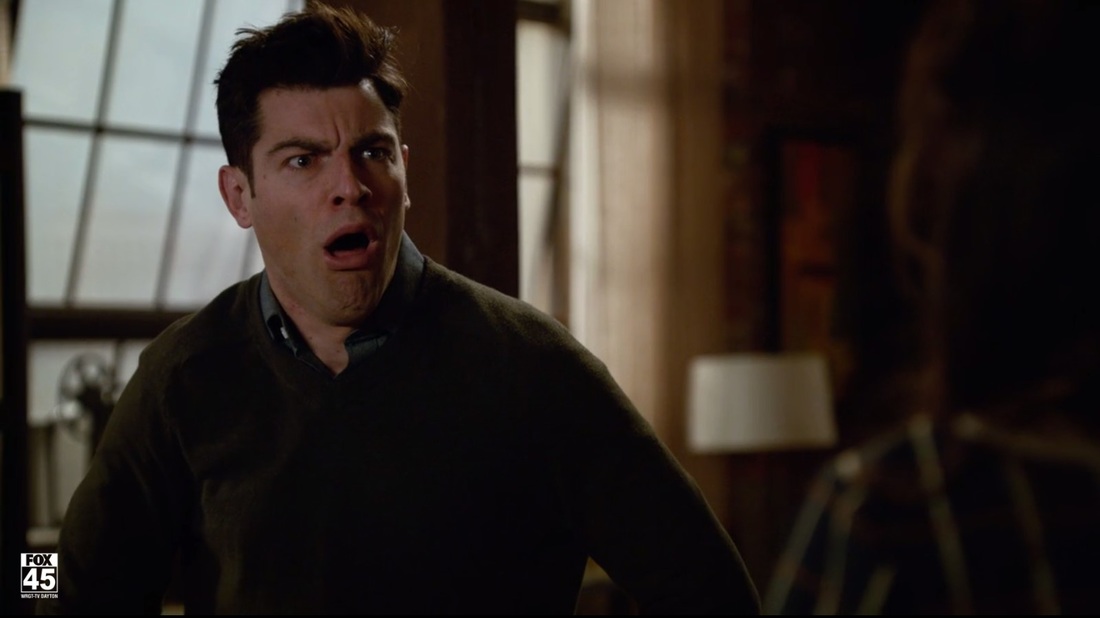

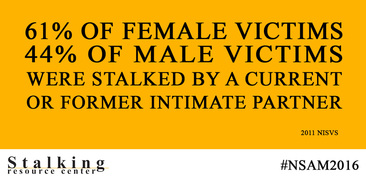
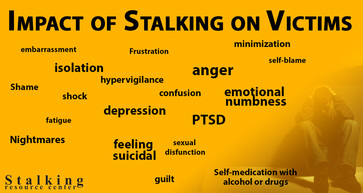
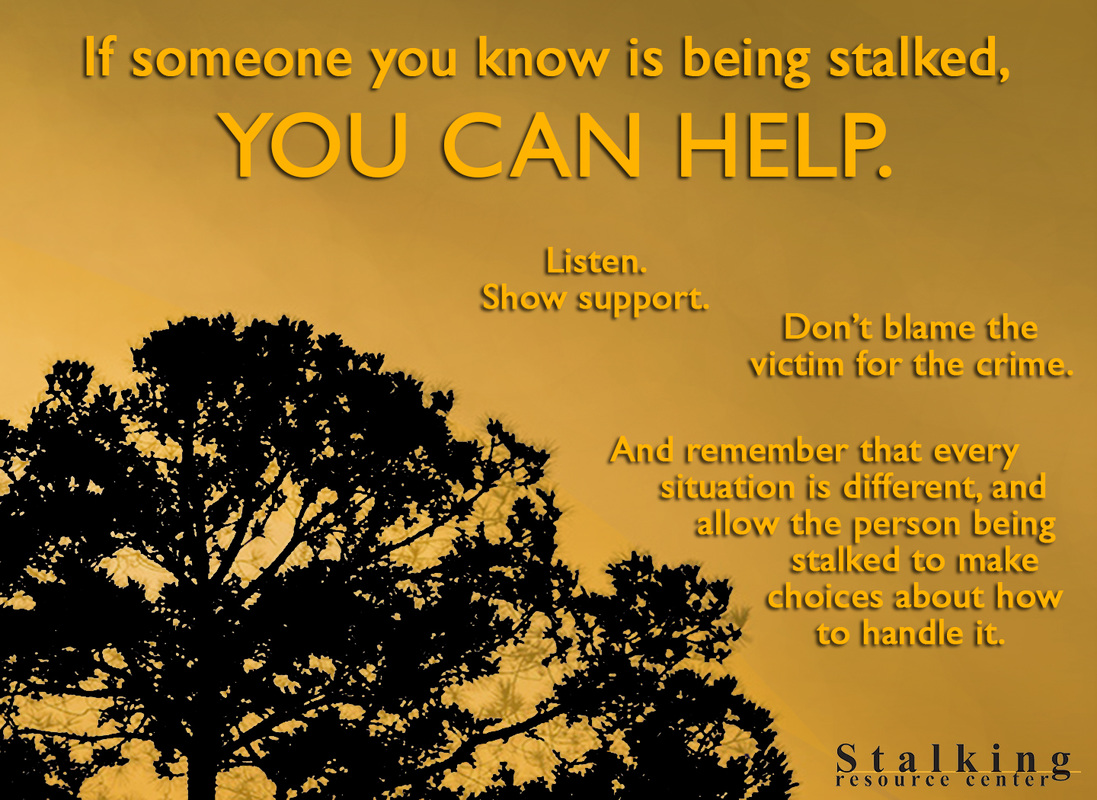
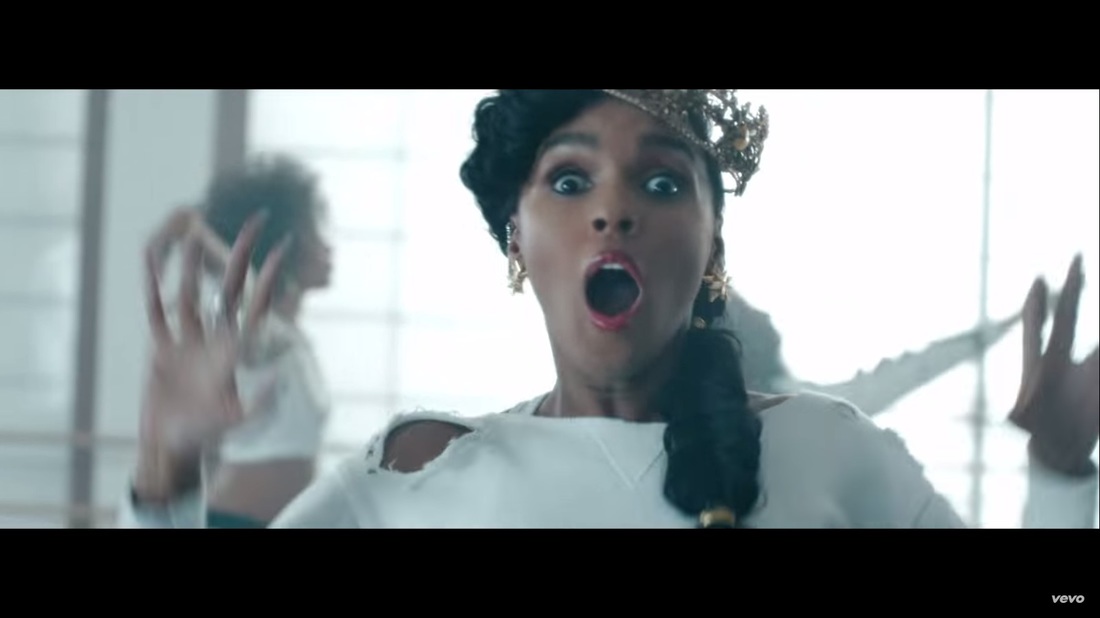

 RSS Feed
RSS Feed